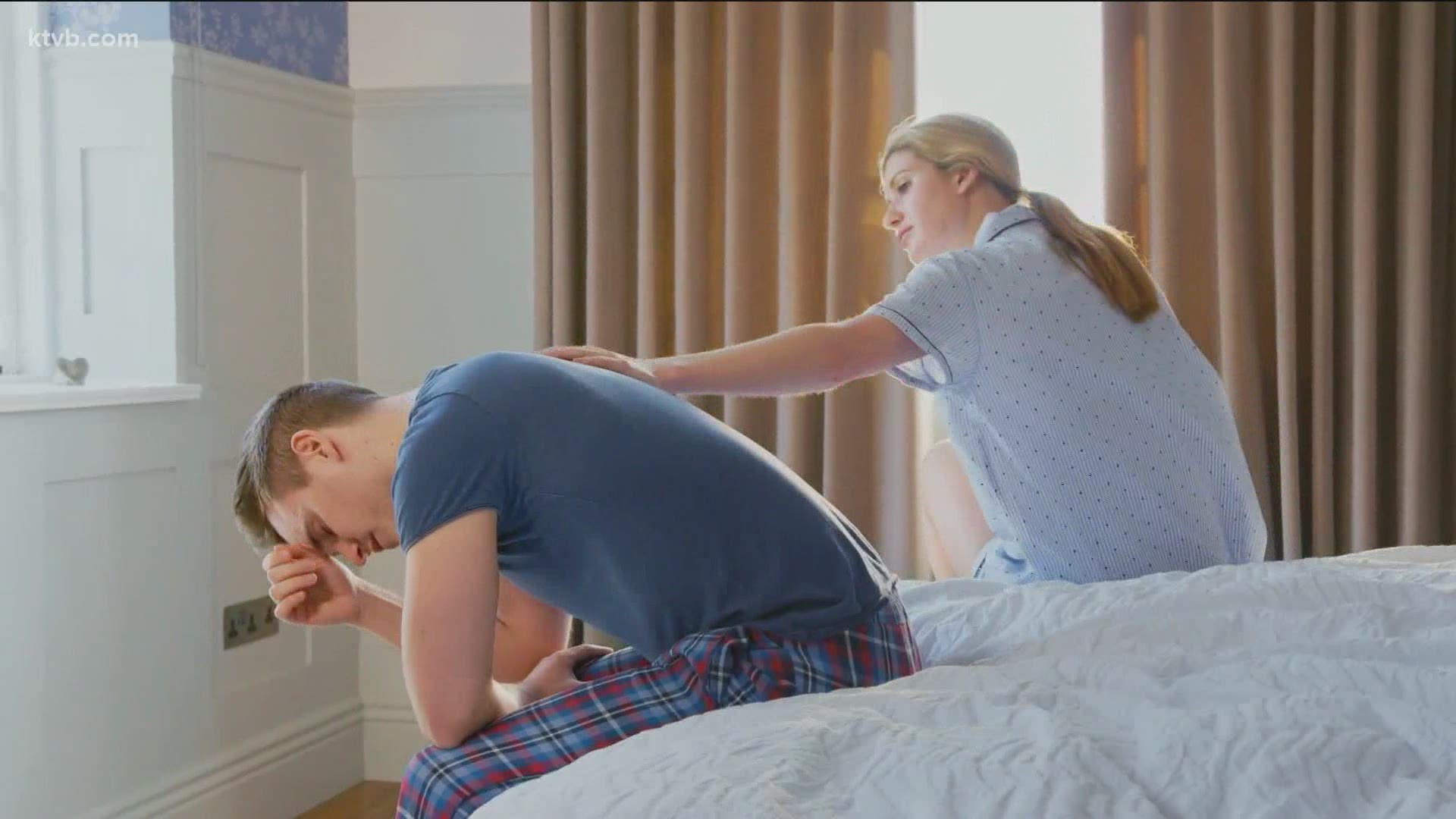BOISE, Idaho — Communication is one of the most important functions of our everyday lives. If we’re not communicating clearly, it can negatively affect our relationships with the people we love.
Angie Radford, a licensed clinical social worker with Optum Idaho, says communication is at the center of what the Hello Idaho program is trying to accomplish.
"We’re asking people just to reach out to other people and let them know that they care about them, ask how they’re doing, and this will allow those people to communicate their feelings, feel understood, and possibly let us know that they need help,” she said.
Communication between a therapist or social worker and a client is key, but it is just as important within personal relationships - particularly when it comes to people struggling with their mental health, Radford noted.
“Most often it’s really just assumptions that get in the way of that. If you’re assuming that friends and family are fine just because they’re not reaching out or because you haven’t spoken to them, they could actually be dealing with depression or another severe mental health issue," she said. "So because you’re just assuming that they’re fine – you’re not reaching out, you’re not checking in – and that can lead to increased isolation for that person, and here at Hello Idaho that’s really what we’re trying to impact.”
RELATED: New moms try to combat pandemic isolation: 'It feels like the world is closing in at times'
Radford stressed the importance of "empathetic communication," whether reaching out to someone who is in crisis or just a normal conversation. That starts with listening to the other person, she said, not just waiting for your turn to respond.
"You want to reflect on what you’re hearing, and avoid judgment or giving advice at that point," she said. "Second, just ask questions, if you don’t feel like you’re fully understanding what someone is telling you then ask clarifying questions. That’s going to help you learn information that you may not otherwise know, and could stay hidden."
Lastly, Radford said, it's important to slow down and stay mindful in your conversation.
"We live in such a fast-paced society that it’s important just to slow down and make the most out of every communication that we’re having, and it’s then that we potentially learn that a loved one needs help,” she said.
If you have a loved one that needs help, call the 24/7 Optum member access crisis line at 855-202-0973. They can also call the Idaho Careline at 211.
Watch more 'Hello Idaho':
Watch our latest conversations about mental health in our YouTube playlist:

